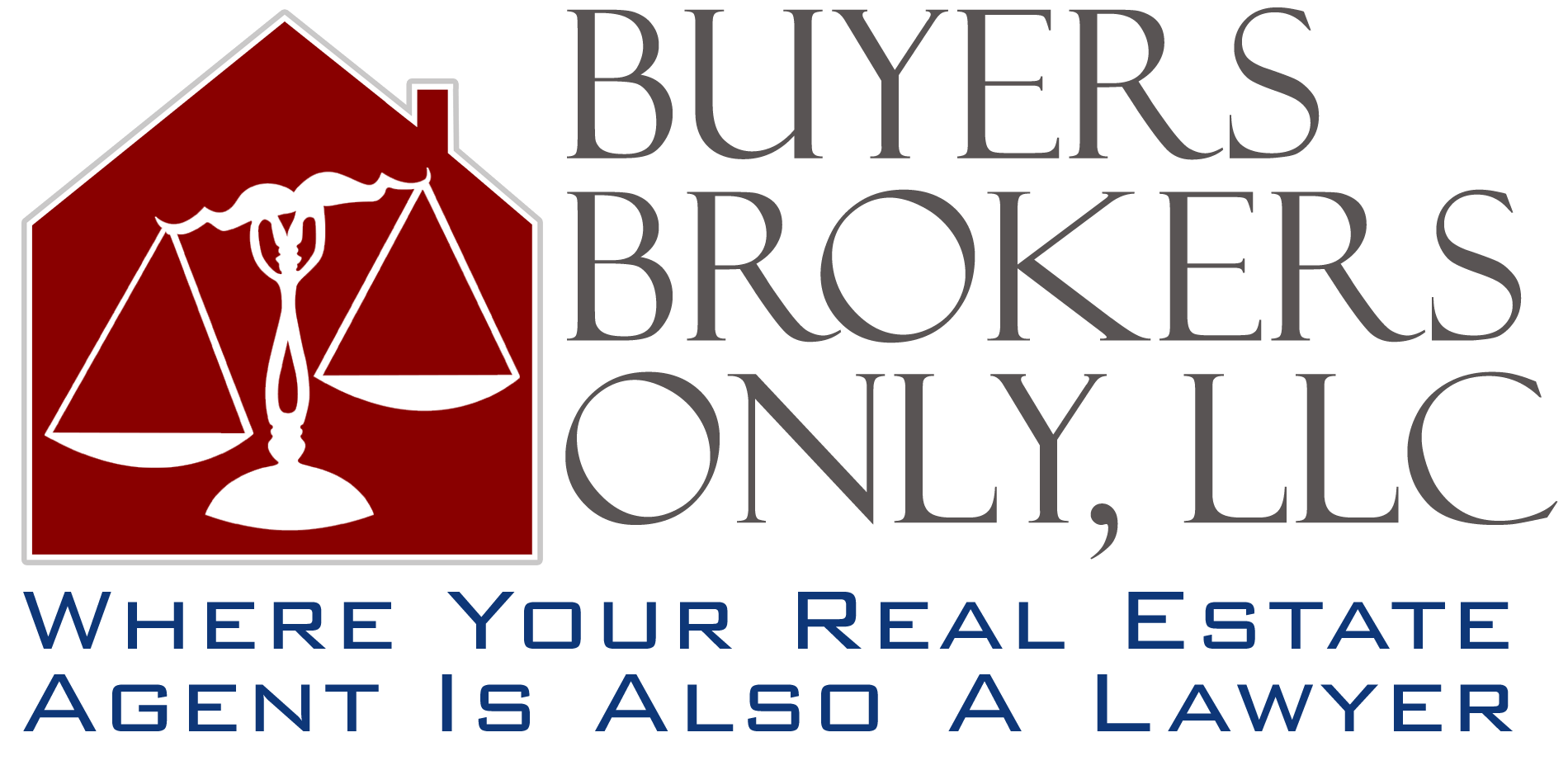
Nevada has many laws that govern property management, whether you're looking to start your own business or already licensed as a real estate agent. These laws are designed to make sure that all managers and landlords are acting in a professional and ethical manner.
Property managers in Nevada have to be careful not to get into conflicts of interests. This is crucial because property managers in Nevada are legally required to act in their client's best interest. Managers must communicate well with owners and other managers. They must also offer excellent customer service. If a conflict of interest arises, it is up to the manager to remedy the situation.
All Nevada property managers need to be licensed. The state's licensing process is relatively stringent. All applicants must pass a property-management exam and take a pre-permit course of 24 hours. The applicant must also possess a real estate broker's license. Contact your local Chamber of Commerce if you are interested in opening a business.

It is important to select the right corporate structure before you start your business. Unincorporated entities are most commonly chosen. An unincorporated entity has the advantage of being able to create a limited-liability corporation. Consult a CPA for help in selecting the best corporate structure to suit your business. For more information on licenses and permits in real estate, you can contact Nevada Real Estate Division.
Nevada law requires that residential property managers have a valid realty license. They must also be associated to a broker with a residential management license. The Nevada Real Estate Division website has Form 545 that applicants can use to apply for a permit. The $45 application fee must be paid. Failure to meet the requirements of the license could result in the license being revoked.
Property managers in Nevada are tasked with keeping records of finances and tenant information. They are also responsible for monitoring the building's condition. A company must also ensure that tenants receive outstanding customer service. The company must also inspect and take photos of any damage to the property.
Nevada's common interest ownership laws also apply. A person can own more than one property unit and the owner may give permission to another to manage it. A manager can be appointed by the owner of a fourplex if there is only one unit.

Nevada Administrative Code is another law applicable to Nevada rentals. This is a series of regulations that apply to rental properties. The Commission for Common Interest Communities, which is part of the Nevada Real Estate Division, requires applicants to take a Nevada Property Management state exam within a year of applying for a permit.
FAQ
How can I determine if my home is worth it?
Your home may not be priced correctly if your asking price is too low. You may not get enough interest in the home if your asking price is lower than the market value. For more information on current market conditions, download our Home Value Report.
How much will my home cost?
It depends on many factors such as the condition of the home and how long it has been on the marketplace. Zillow.com reports that the average selling price of a US home is $203,000. This
What is the average time it takes to get a mortgage approval?
It depends on several factors including credit score, income and type of loan. It generally takes about 30 days to get your mortgage approved.
How can I repair my roof?
Roofs can burst due to weather, age, wear and neglect. Repairs and replacements of minor nature can be made by roofing contractors. Contact us for more information.
Statistics
- Over the past year, mortgage rates have hovered between 3.9 and 4.5 percent—a less significant increase. (fortunebuilders.com)
- Based on your credit scores and other financial details, your lender offers you a 3.5% interest rate on loan. (investopedia.com)
- The FHA sets its desirable debt-to-income ratio at 43%. (fortunebuilders.com)
- This seems to be a more popular trend as the U.S. Census Bureau reports the homeownership rate was around 65% last year. (fortunebuilders.com)
- Private mortgage insurance may be required for conventional loans when the borrower puts less than 20% down.4 FHA loans are mortgage loans issued by private lenders and backed by the federal government. (investopedia.com)
External Links
How To
How to Manage a Property Rental
It can be a great way for you to make extra income, but there are many things to consider before you rent your house. These tips will help you manage your rental property and show you the things to consider before renting your home.
Here's how to rent your home.
-
What do I need to consider first? Before you decide if you want to rent out your house, take a look at your finances. If you have debts, such as credit card bills or mortgage payments, you may not be able to afford to pay someone else to live in your home while you're away. Your budget should be reviewed - you may not have enough money to cover your monthly expenses like rent, utilities, insurance, and so on. This might be a waste of money.
-
How much will it cost to rent my house? There are many factors that influence the price you might charge for renting out your home. These factors include your location, the size of your home, its condition, and the season. Keep in mind that prices will vary depending upon where you live. So don't expect to find the same price everywhere. Rightmove estimates that the market average for renting a 1-bedroom flat in London costs around PS1,400 per monthly. If you were to rent your entire house, this would mean that you would earn approximately PS2,800 per year. This is a good amount, but you might make significantly less if you let only a portion of your home.
-
Is it worthwhile? Doing something new always comes with risks, but if it brings in extra income, why wouldn't you try it? Make sure that you fully understand the terms of any contract before you sign it. Not only will you be spending more time away than your family, but you will also have to maintain the property, pay for repairs and keep it clean. You should make sure that you have thoroughly considered all aspects before you sign on!
-
Is there any benefit? There are benefits to renting your home. There are many reasons to rent your home. You can use it to pay off debt, buy a holiday, save for a rainy-day, or simply to have a break. You will likely find it more enjoyable than working every day. And if you plan ahead, you could even turn to rent into a full-time job.
-
How can I find tenants Once you decide that you want to rent out your property, it is important to properly market it. Start by listing online using websites like Zoopla and Rightmove. You will need to interview potential tenants once they contact you. This will allow you to assess their suitability, and make sure they are financially sound enough to move into your house.
-
What are the best ways to ensure that I am protected? If you are worried about your home being empty, it is important to make sure you have adequate protection against fire, theft, and damage. You will need to insure the home through your landlord, or directly with an insurer. Your landlord will often require you to add them to your policy as an additional insured. This means that they'll pay for damages to your property while you're not there. This doesn't apply to if you live abroad or if the landlord isn’t registered with UK insurances. In this case, you'll need to register with an international insurer.
-
It's easy to feel that you don't have the time or money to look for tenants. This is especially true if you work from home. It's important to advertise your property with the best possible attitude. It is important to create a professional website and place ads online. Also, you will need to complete an application form and provide references. While some people prefer to handle everything themselves, others hire agents who can take care of most of the legwork. It doesn't matter what you do, you will need to be ready for questions during interviews.
-
What happens once I find my tenant If there is a lease, you will need to inform the tenant about any changes such as moving dates. If you don't have a lease, you can negotiate length of stay, deposit, or other details. While you might get paid when the tenancy is over, utilities are still a cost that must be paid.
-
How do I collect rent? When it comes time for you to collect your rent, check to see if the tenant has paid. If not, you'll need to remind them of their obligations. After sending them a final statement, you can deduct any outstanding rent payments. If you're having difficulty getting hold of your tenant you can always call police. If there is a breach of contract they won't usually evict the tenant, but they can issue an arrest warrant.
-
How can I avoid potential problems? Renting out your house can make you a lot of money, but it's also important to stay safe. You should install smoke alarms and carbon Monoxide detectors. Security cameras are also a good idea. It is important to check that your neighbors allow you leave your property unlocked at nights and that you have sufficient insurance. You should not allow strangers to enter your home, even if they claim they are moving in next door.